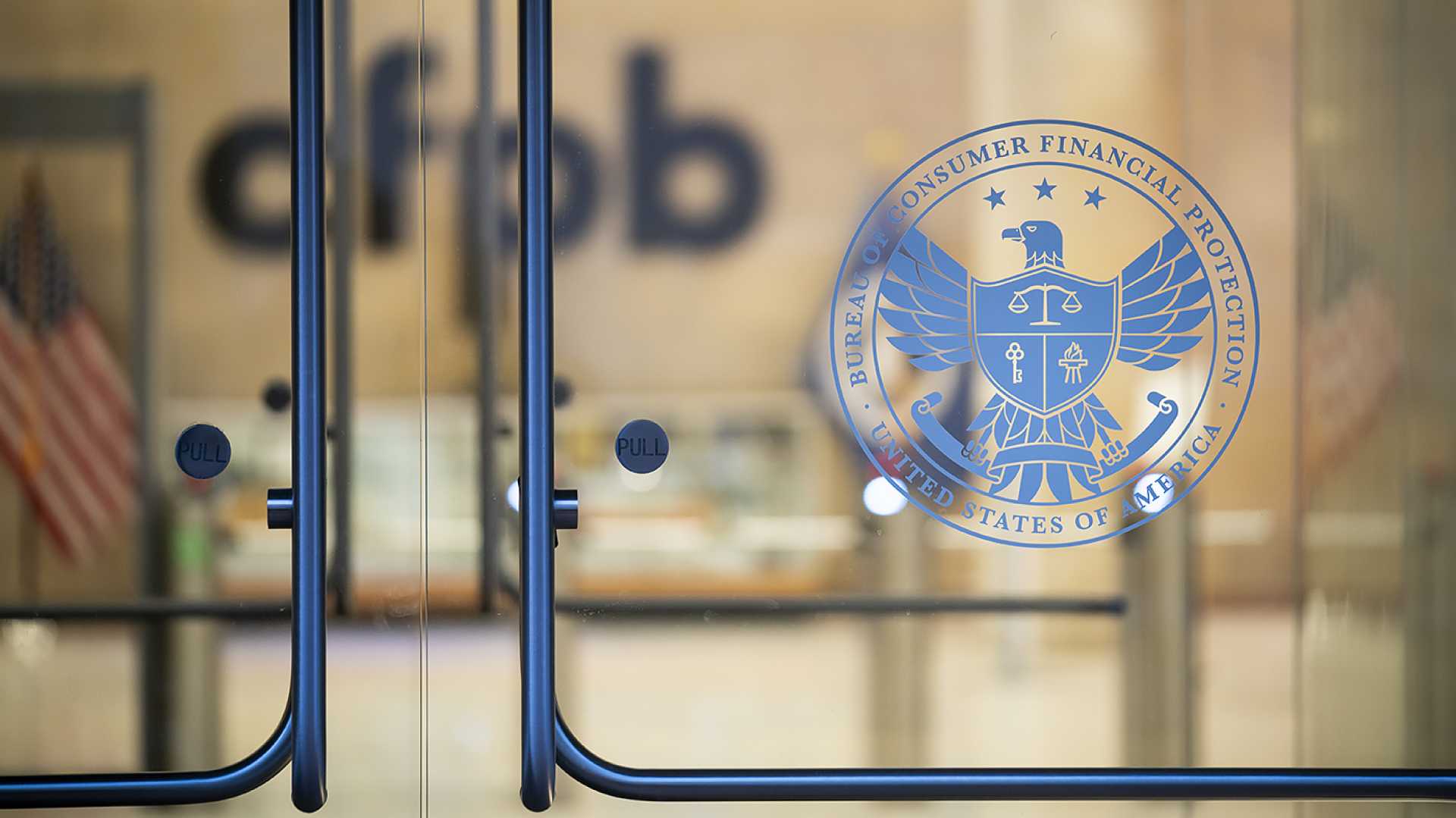Business
Federal Judge Strikes Down $8 Cap on Credit Card Late Fees

FORT WORTH, Texas — A federal judge dismissed a Consumer Financial Protection Bureau (CFPB) rule capping credit card late fees at $8, siding with a coalition of business and banking groups who argued the regulation was unlawful. The ruling by U.S. District Judge Mark Pittman on April 14, 2025, came after a joint request from the CFPB and six industry organizations, including the U.S. Chamber of Commerce and the American Bankers Association.
The judge stated that the rule violated the Credit Card Accountability and Disclosure Act of 2009, which permits card issuers to impose fees that are “reasonable and proportional to violations.” The now-defunct rule aimed to reduce typical late fees, which average around $32, as part of President Joe Biden‘s administration’s effort to eliminate what it dubbed “junk fees.”
According to Judge Pittman, who was appointed by Donald Trump, the regulation disallowed issuers with more than one million open accounts from charging higher fees, even if they could prove those charges were necessary for covering their costs. This effectively limited their ability to manage late payments adequately, he ruled.
In a joint statement, the industry groups hailed the ruling as a victory for consumers and common sense. They argued that the CFPB had overextended its authority and overlooked Congressional intent regarding reasonable fees designed to deter late payments and help card issuers recover costs.
“If the CFPB’s rule had gone into effect, it would have resulted in more late payments, lower credit scores, higher interest rates, and reduced credit access,” the coalition stated.
Opponents of the ruling, however, expressed concern. Chi Chi Wu, a senior attorney at the National Consumer Law Center, warned that this decision would enable major banks to impose excessive late fees, potentially costing consumers up to $10 billion annually.
This development is part of the Trump administration’s ongoing efforts to unwind various regulations enacted during the Biden presidency that they claim unjustly burden businesses. On April 11, a federal appeals court previously indicated that the administration has the authority to reduce the CFPB’s size, further complicating the agency’s future.
The CFPB, which was established in the wake of the 2008 financial crisis, has been consistently critiqued by Republican lawmakers for its legislative overreach and accountability issues. With the cap on late fees now vacated, businesses are positioned to implement charges that reflect their operational costs, amidst ongoing debates about consumer protection and regulatory authority.












